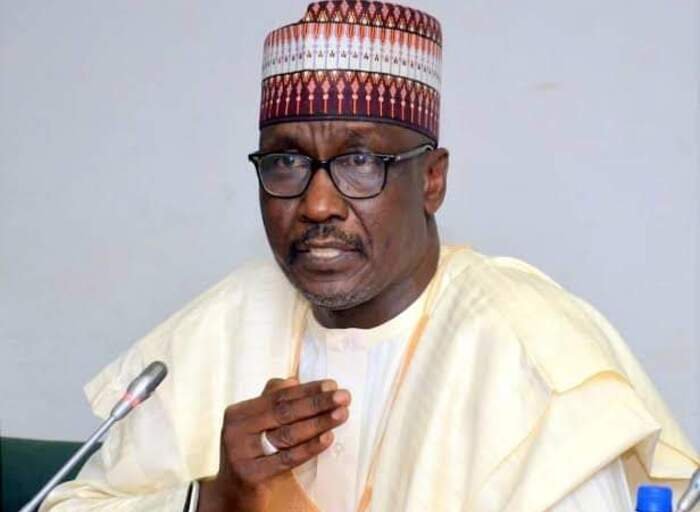
Central Bank of Nigeria (CBN) has rolled out its plan to sell $1 million weekly to each of the country’s 21 commercial lenders at a rate of 375 naira to clear a backlog of demand and try to narrow the difference between the official and black market rates, traders said on Monday.
Traders said commercial lenders have compiled a list of bids from customers awaiting dollars.
The central bank has been selling dollars at 305 naira to clear a backlog of demand from manufacturing, agriculture and airline companies, hoping also to help drag Nigeria out of its worst recession in 25 years, triggered by low oil prices.
Some analysts believe that the CBN does not have control over the dollar surge in Nigeria.
Dr Olusegun Omisakin, the Head of Research, Nigerian Economic Summit Group (NESG), believes rising inflation rate in the country has gone beyond the control of the CBN.
Omisakin made the observation in an interview with the News Agency of Nigeria (NAN) in Lagos.
NAN reports that data released by the National Bureau of Statistics (NBS) on January 13 showed that December 2016 inflation rate stood at 18.55 per cent from 18.48 per cent in November.
Inflation targeting is a major economic policy objective of CBN and this has been the focus of its Monetary Policy Committee (MPC).
The apex bank, on July 26, 2016, increased the Monetary Policy Rate (MPR) by 200 basis points from 12 per cent to 14 per cent to check inflation.
The CBN retained all key indicators at its September and November MPC meetings to keep MPR at 14 per cent, Cash Reserve Ratio at 22.50 per cent and the Liquidity Ratio at 30 per cent, all aimed at controlling inflation.
Omisakin said that the rising inflation had defied CBN’s monetary policy measures, adding that policy tools adopted by the apex bank were only effective in taming inflation arising from demand-supply imbalances.
“In this case, inflation is cost-push. Production cost is high because producers who want to import intermediate goods for production do not have access to foreign exchange.
“Most of them go to the black market and definitely the product from this would be expensive, thereby increasing inflation.
“The CBN cannot do anything through the monetary policy rate to arrest this inflation even if CBN increases the MPR to 20 per cent. Inflation would not come down.
“The inflation we are experiencing now is out of the control of CBN. CBN can only address issues that have to do with availability and circulation of money and credit control.
“CBN cannot address cost-push inflation because it cannot provide energy, roads, transport. There are fiscal issues,” Omisakin said.











